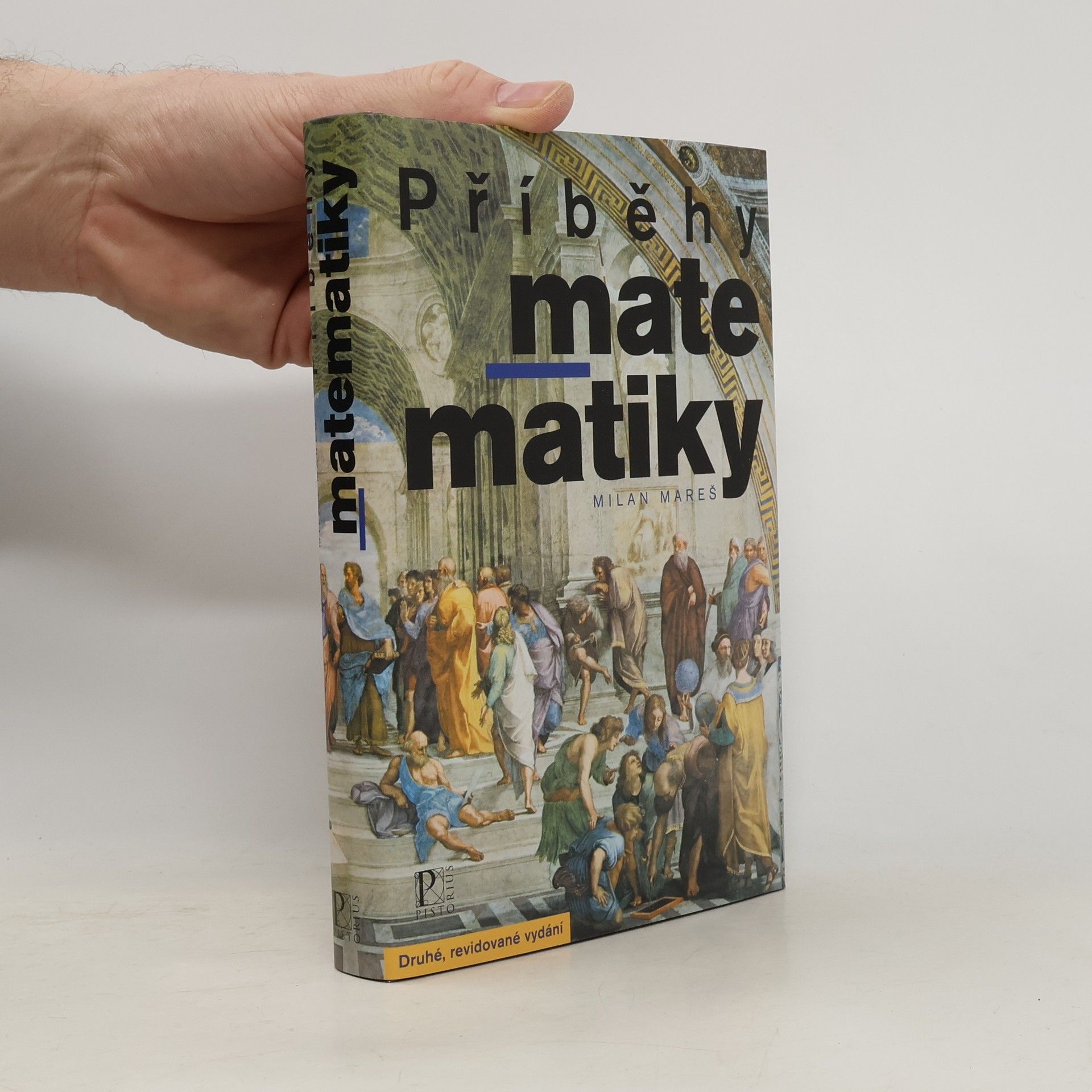Příběhy matematiky
- 334 stránek
- 12 hodin čtení
Srozumitelně psaná historie matematiky není určena historikům vědy, nýbrž širokému okruhu čtenářů (jimž při četbě knihy stačí znalost středoškolské matematiky). Milan Mareš sleduje příběhy a cesty významných matematických objevů, konceptů a myšlenek, které rozšiřovaly a formovaly intelektuální obzory člověka a následně podmiňovaly vývoj civilizace. Do tohoto rámce pak zasazuje také portréty velkých matematiků, kteří se o nové objevy zasloužili, a poutavě líčí jejich spletité a zajímavé osudy. V Příbězích matematiky se tak mísí vyprávění o matematice s vyprávěním o matematicích v poměru, který neobyčejně plasticky přibližuje onen podivuhodný svět abstraktní vědy. 2., revidované vydání


